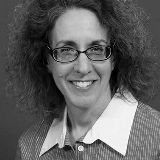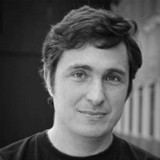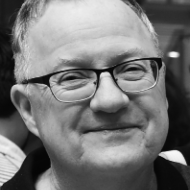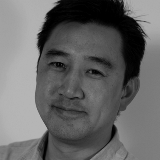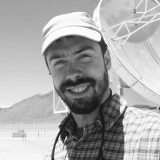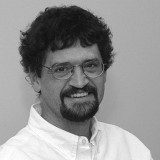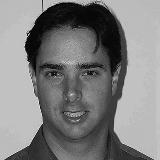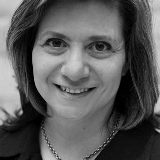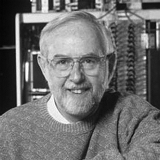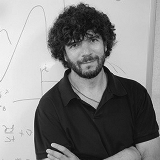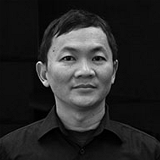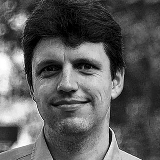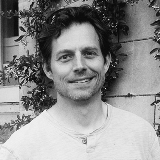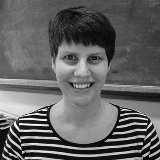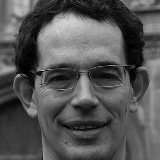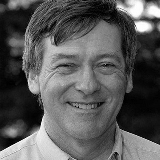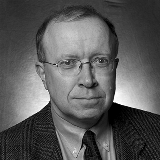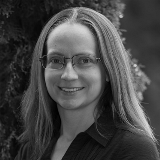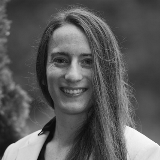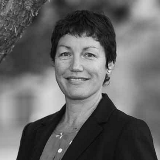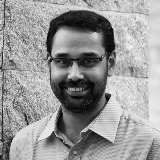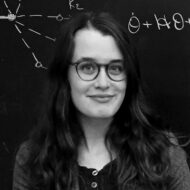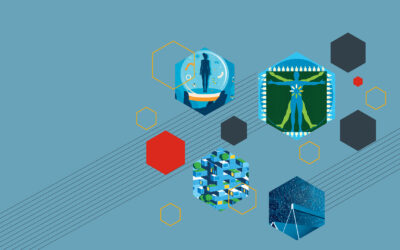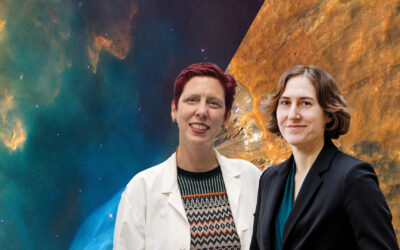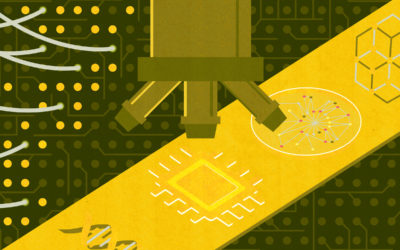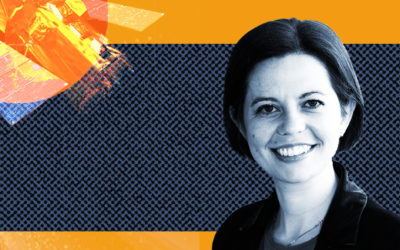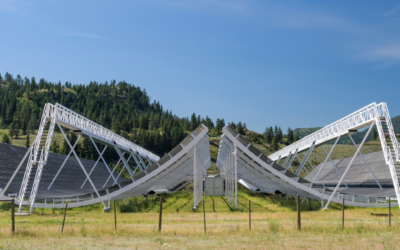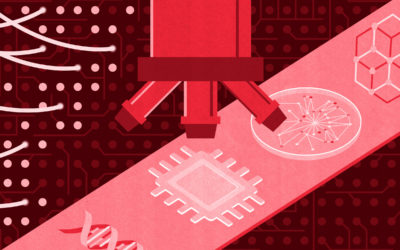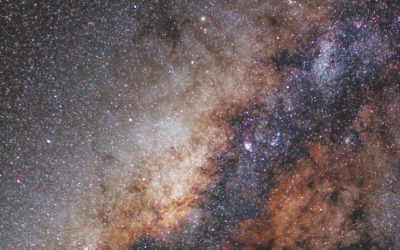Gravity & the Extreme Universe
What is extreme gravity, and how can it help us understand the origin of the universe?
For most of human history, our only information about the Universe came from visible light. Later we learned to detect other forms of electromagnetic radiation like infrared and radio waves. Now we can detect gravitational waves, opening the door to new ways of observing and understanding the Universe. Astronomers, cosmologists, physicists, and computer scientists in the Gravity & the Extreme Universe program ask questions about the nature of extreme gravity, the origin and evolution of the universe, and the structure of compact objects such as black holes and neutron stars, as well as profound questions about fundamental physics and astrophysics.
RESEARCH AND SOCIETAL IMPACT HIGHLIGHTS
Leading the development of outrigger telescopes
CIFAR Fellows Matt Dobbs (McGill University), Mark Halpern (University of British Columbia), Gary Hinshaw (University of British Columbia), Co-Director Vicky Kaspi (McGill University), as well as CIFAR Fellows Ue-Li Pen (University of Toronto) and Ingrid Stairs (University of British Columbia) led the development of the new CHIME/FRB Outrigger Telescopes in the Okanagan Valley. The telescopes can obtain unprecedented precision sky localizations for hundreds of Fast Radio Bursts — mysterious, intense but short flashes of radio waves from outer space. A Catalyst Fund project further helped researchers work toward construction and develop algorithms for telescope calibration using Galactic radio pulsars, which will ultimately help to uncover even more mysteries of the cosmos.
Understanding how astronomy and machine learning can help detect neurodegeneration
PATH TO SOCIETAL IMPACT
We invite experts in industry, civil society, healthcare and government to join fellows in our Gravity & the Extreme Universe program for in-depth, cross-sectoral conversations that drive change and innovation.
Academic and industrial experts in biomedical data analysis and artificial intelligence and CIFAR fellows in the Gravity & the Extreme Universe program are bringing about new technological innovations by using data science techniques from astronomy and cosmology to address complex challenges in genomics and medical imaging, and vice versa.
Areas of focus:
- Finding opportunities for advanced image analysis to be deployed across disciplines
- Identifying key areas, such as image classification or data processing, where researchers and industry can collaborate.
Founded
1986
Renewal Dates
1991, 1996, 2001, 2006, 2011, 2016, 2023
Supporters
R. Howard Webster Foundation
Interdisciplinary Collaboration
Astrophysics
Astronomy
Astroparticle, computational, high energy and particle physics
Observational cosmology
CIFAR Contact
